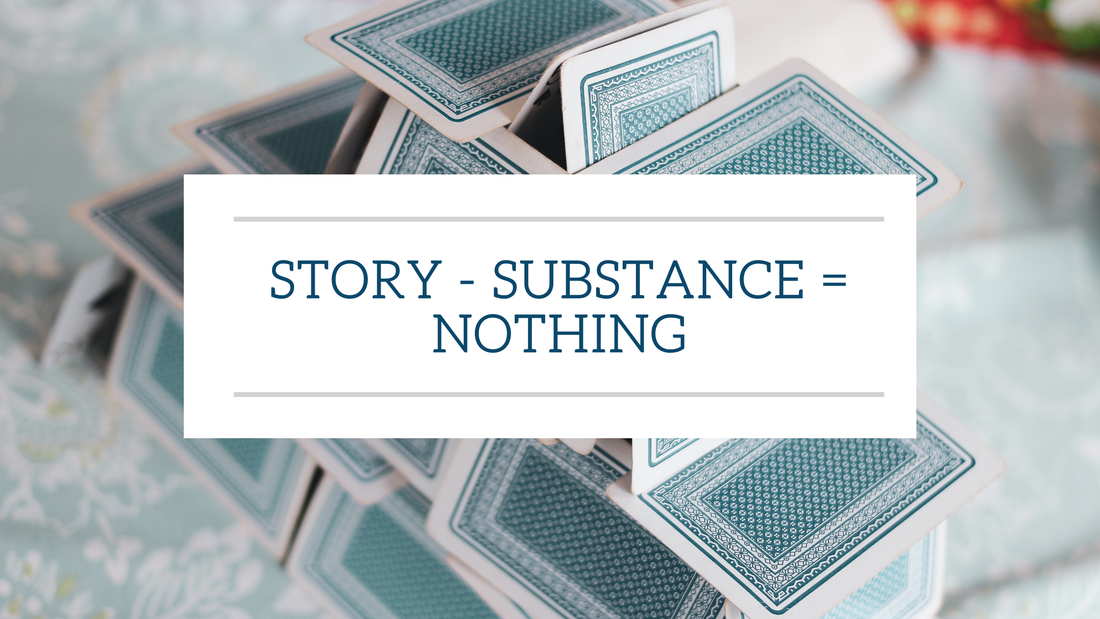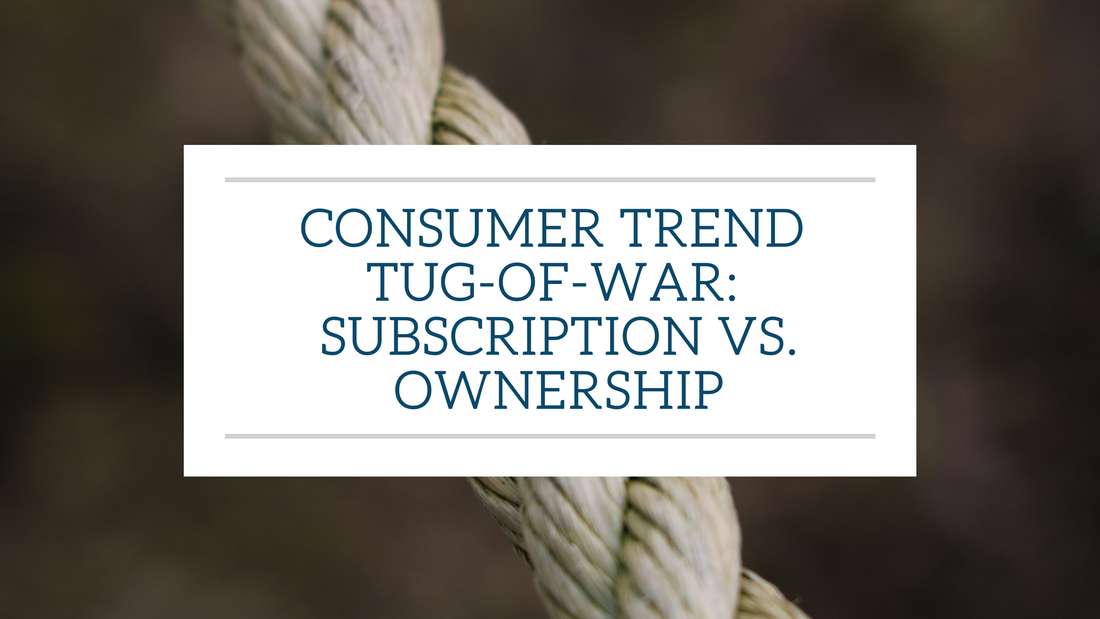|
HBO Max recently added The Nanny to its lineup, and I’ve been gleefully rewatching all six campy seasons. If you’re not familiar with the plot, it’s a classic romantic comedy. It’s clear from the first episode that the nanny, Fran Fine, will end up with her handsome boss, Broadway producer Maxwell Sheffield.
And yet, I find myself devouring episode after episode. What keeps me coming back? Certainly not the suspenseful plot. Personally, I love the theater references, the Lucille Ball-inspired antics of Nanny Fine, the punny humor, and the loud costumes. I know I’m not alone. The show is experiencing a renaissance on its new streaming home. And while I was deep in a Nanny-binge the other night, it struck me that there’s a valuable lesson for brands to learn here. The New York City mayoral race is heating up. With dozens of candidates in the field and the June 22 primary date fast approaching, many voters are starting to pay attention.
Andrew Yang, former presidential candidate and current mayoral frontrunner, is pretty regularly trending on Twitter. And it seems like every time I click on his name to see why, he’s getting dragged by the Twitter mob for saying something wrong. It’s not anything gravely offensive, nor is it anything that undermines his legitimacy as a candidate. It’s just, for lack of a better term, rookie mistakes. Case in point: April 11 is National Pet Day. Obviously, this is a made-up internet holiday, and therefore, acknowledging it is 100% optional. People who have pets are welcome to post a cute pic, but there’s no need for anyone else to get involved. I believe storytelling can be the key to connecting with your audience on a meaningful level and building long-term relationships with your customers. It has the power to transform the way you market your business.
But that comes with a caveat: Empty storytelling is worse than no storytelling at all. Today I was scrolling through Instagram and happened upon a Facebook post for Women’s History Month. The video features a diverse group of women leaders throughout history and asks viewers to “#ShoutOut a leading lady in your life.” If you know me, then you know I am a vocal, ardent feminist. So why am I deeply irked by this message from Facebook? What’s a beeple?
That’s how I began a conversation with my dad, who’d called to discuss the big art news of the week. I now know Beeple is a who, not a what, and that the digital artist’s work recently broke records, with his piece, Everydays: The First 5,000 Days, selling for $69.3 million at Christie’s. There are so many conversations to be had around this news story. We could talk about the contemporary art world, about the digital age, about capitalism. What I find interesting from a consumer trends perspective is that this sale seems to signify a shift back towards ownership culture. Some people are still not convinced about the value of content marketing. It seems like a luxury. They can’t draw the direct line between content and the sale, so they see it as a nice to have, rather than a necessity.
I’m here to say, “Au contraire, mon ami!” Content can play an integral role in the sales process if you’re using it properly. I had fun writing about marketing in the wild last week, so I’d like to present another real-world example to bolster my position on the importance of content. |




